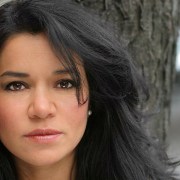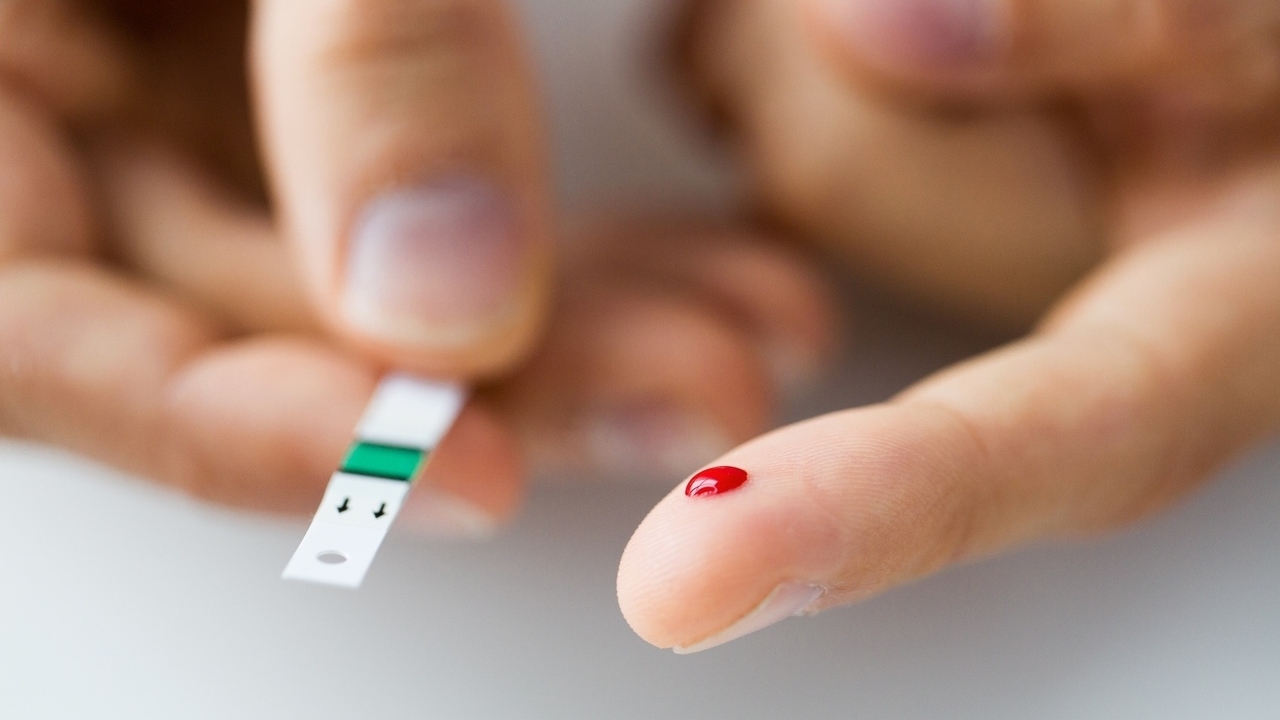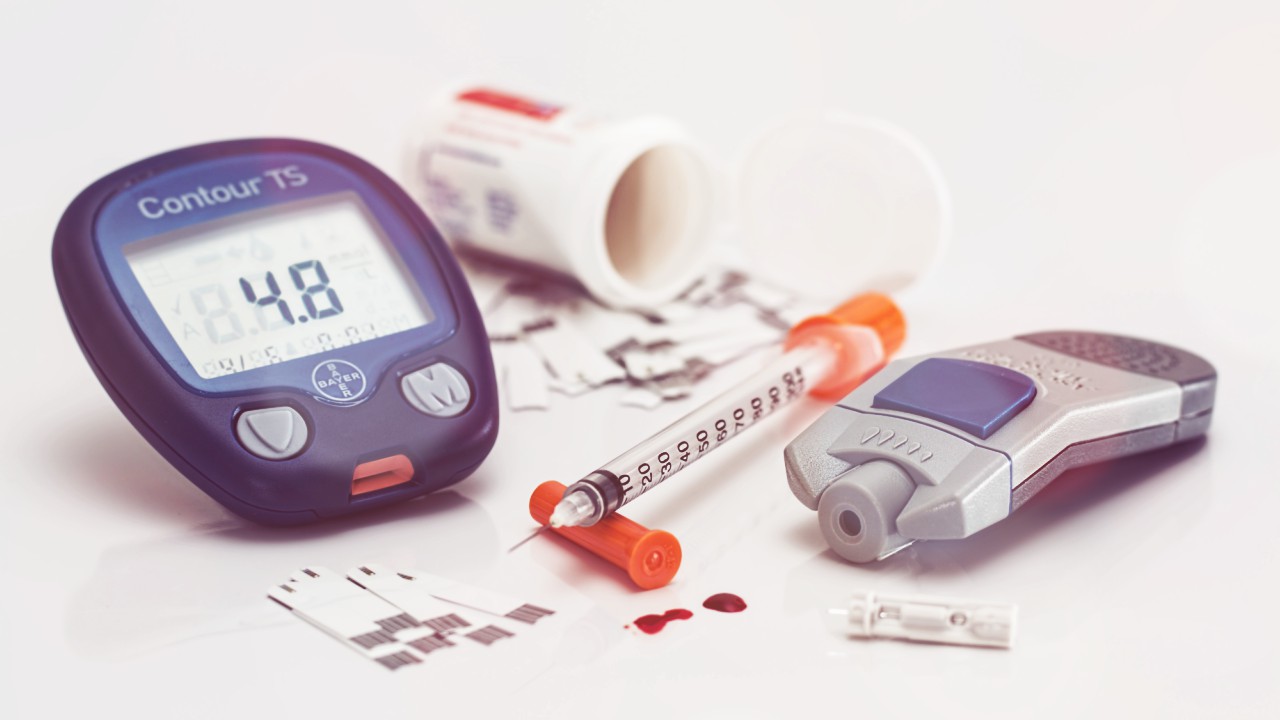Last week I was lucky enough to go to the Health 2.0 Conference (http://www.Health20con.com) and hear an engaging and sometimes shocking panel featuring patient bloggers. Time has proven the concept that patients need to tell their stories, and others with the same diagnosis need to hear them. The panel started with three video stories: a concert pianist, a woman with Reflex Sympathetic Dystrophy, and a group of people using Second Life http://www.secondlife.com as a place for disabled people to “live.” All of these sites, and the ones developed by people on the panel, were developed by people who were frustrated by the information given by physicians.
The moderator is the founder of Diabetes Mine(http://www.diabetesmine.com), which she started when she was diagnosed as a young adult with Type 1 diabetes.
After the videos, the panel came on. The first panelist lost 80 pounds through Daily Strength (http://www.dailystrength.com).Ranae Whitmore, who is Heartgirl from Daily Strength, says she found Daily Strength because she needed to share her problems with weight somewhere without judgment, and not among people she already knew. She uses the site for support when she feels like she’s in trouble.
Clearly the online environment liberates patients who can’t talk to their busy doctors, are embarrassed about their conditions, are anxious that their diagnosis will be career-limiting, and also those who simply need more information.
The next step after reading a patient blog is to join an online community. There are many out there with slightly different foci.
The biggest of those is HealthCentral.com, which has forty different sites devoted to common conditions. Under each community is a sub-community–eg. husbands of people with breast cancer, caregivers of relatives with Alzheimer’s disease. One really interesting feature is patient stories that are turned into comics, so they can be more easily understood.
Another panelist started the “I’m Too Young for This” foundation for young adults diagnosed with cancer when he was diagnosed twelve years ago. Although he is cancer-free, he lives with the consequences of having had cancer.He says that young adult survival rates have not increased because of late diagnosis. Most doctors tell you that you are too young for cancer.
Nothing was done for young adult cancer victims because there isn’t much in the way of advocacy. And most cancer sites are made for people much older, or for pediatric cancers. That gave Matthew his raison d’etre.
Alice has started a “The Sanctuary Project,” a place in Second Life for people with different disabilities. Again, it functions as a support group.
I hadn’t seen Eric Langshur from Care Pages since he was a client of mine many years ago when he started the project as an outgrowth of his son’s hospitalization. I was happy to hear that Care Pages is now used in 700 hospitals. He is on this panel to react.
Finally, WeGohealth is a new site that makes choices for consumers among the tens of thousands of search results available on the Internet: which sites are good sources of information, are genuine, are up to date.
There’s a doctor on the panel, and he has some interesting stuff to add: doctors like to send patients to these communities, because they complement the range of care. But they wonder whether these sites will become like overzealous disease managers who want the patient’s life to revolve around his/her disease.
Here at EmpowHer, we want patients to talk to each other and help each other. That's what we are all about.



